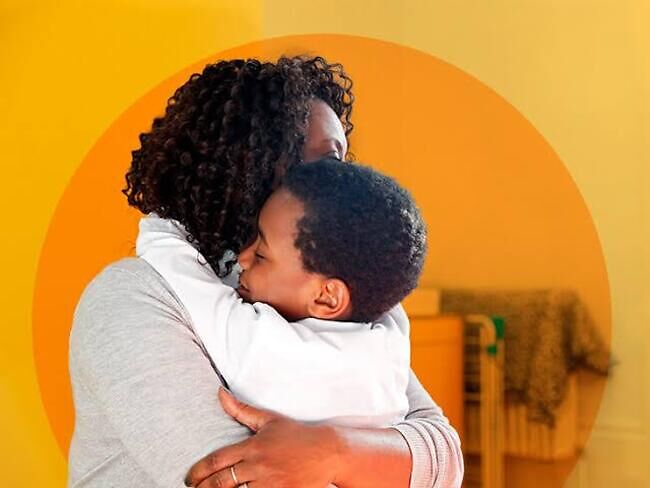In simple terms, trauma is a response of one’s emotions to an unpleasant occurrence or experience. Children can be unpredictable, and it’s almost hard to know if they are dealing with trauma unless you are extra attentive to them.
However, there are signs to look out for in your child. Children are free-spirited, innocent, unapologetically honest, and quite easy to manipulate. It would take close attention for you to understand their approach to things and what situation they are going through.
Not every child knows to be expressive if they are dealing with negative emotions. When children find things traumatising, their natural attributes are stifled, and they hardly come to play like they normally would.
They don’t get to be unapologetically honest like they normally would be. They’d rather lie that they are fine or just cover things up with a smile or any random act; like running away with a smile or goofy face. We have heard cases of children who have had to deal with trauma because they were raped by well-known and respected people, or because they had to face verbal and physical abuse from school, friends, or even from you as a parent.
Other cases might be a result of grief originating from the loss of a loved one, or it could also be the case of being bullied by a teacher or someone they cannot stand up to.
Whatever the case may be, it is important for you to pay attention to your child if he or she is dealing with trauma. It would hurt you if your child had to deal with their troubles all alone. Won’t it?
In society today, you’ll see that there are adults who are a product of trauma since childhood, and they are stuck with the struggles of attempting to forge ahead while embracing new behavioural patterns as they grow and evolve.
Today, we have excessively guarded adults, angry people, ill-mannered people, thoughtless people, unkind humans, depressed people, people dealing with PTSD, and others with frustrating habits that have been borne out of their experiences as children.
Some can’t stay in a relationship for long because they burden their partners with the aftermath of trauma that they seem to have little or no control over.
What are the signs that your child may be dealing with trauma?
1. Difficulty sleeping
Your child may be dealing with trauma if he or she is finding it difficult to sleep at night, shows repeated signs of restlessness, and can’t stop being restless at night. It’s not as if they took a nap during the day that would rob them of sleep, but it just happens pretty often that they can’t sleep, and it affects their productivity in general.
When they can’t sleep, they are not active. And if there’s anything that is not healthy for them, it is a constant lack of sleep.
2. Withdrawal from normal activities
Your child may be dealing with trauma if they’ve become so withdrawn and have kept to themselves more often than usual. It should be a great concern to you if your child who was known to be outspoken and bubbly suddenly stops talking and starts showing disinterest in the activities that often come natural and effortless.
3. Change in weight and eating patterns
When your child has started to put on weight excessively or is starting to lose weight rapidly, there might be a need to check on them. Why? Because they could be dealing with trauma. According to an article written by Mellisa Gooden, and medically reviewed by Cydney Ortiz, PsyD
4. Intermittent show of fear and anxiety
If your child gets scared at every slight occurrence or is unusually given to fear, then you might want to look out for them more than ever before. It could be at the sight of someone familiar, or at the mention of something. Regardless of what it is that triggers them to fear, or feel anxious, look out for them and show up in a way that’s effective.
5. Poor performance at school
When your child, who is an A student, starts performing poorly in their academics, and you fold your arms, you should probably be checked. The next thing to do is not to start scolding your child and comparing them with their peers. You’d be adding fuel to fire by doing this. Be patient with your child as he or she might be dealing with trauma. Help them, instead of being mean.
Lastly, according to Psych Central, “trauma shows up differently for each child, but there are common signs. Noticing the signs can help a therapist determine the best way to help.”
ALSO READ FROM NIGERIAN TRIBUNE






